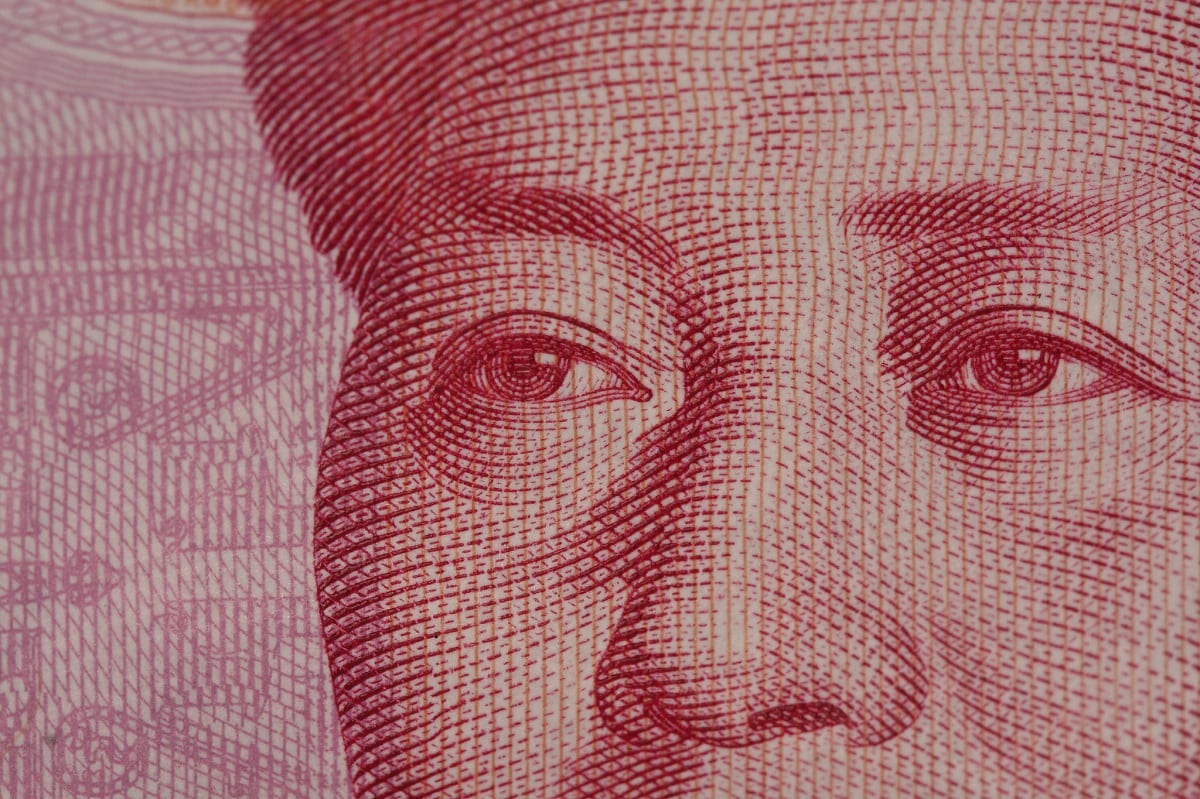When the US and Chinese economies catch a cold together – It used to be said that when the US economy caught a cold, the rest of the world economy caught pneumonia. Today, with both the US economy and the Chinese economy at the start of meaningful economic slowdowns, a more serious question needs to be asked. What happens to the US and the rest of the world economy, when both the US and China, the world’s second largest economy, catch a cold together?
In the aftermath of the 2008 Lehman bankruptcy, China played a crucial role in enabling the world economy to recover from its until the deepest post-war economic recession. It did so by providing an extraordinary amount of budget and monetary policy support to its economy. That unleashed a decade-long property and credit-led boom that made China into the world economy’s primary engine of economic growth.
Today, the US again appears to be at considerable risk of succumbing to a deep economic recession. This would seem to be especially the case when the Federal Reserve is being forced to slam on the monetary policy brakes to regain control over multi-decade high inflation in the context of equity, housing, and credit market bubble.
As underlined by the 20 percent decline in equity prices since the start of the year, there appears to be the real risk that the Fed’s more hawkish monetary policy stance will burst the “everything” bubble that was premised on interest rates staying ultra-low forever. Should the “everything” bubble indeed burst, US households must be expected to sharply cut back spending in an effort to rebuild their savings thereby raising the risk of a nasty economic recession.
Today, unlike in 2008, the Chinese economy is in no position to ride to the US economy’s rescue. Worse yet, there is reason to fear that by further disrupting the global supply chain, China could add to the current US inflation problem.
Even before China’s renewed Covid surge , the Chinese authorities recognized that their economic growth model had become overly reliant on the credit and property markets. That model had led to a situation where over the past decade, Chinese private sector credit increased at a faster rate than that which preceded the bursting of the Japanese and U.S. property bubbles in 1992 and 2006, respectively.
It had also led to a situation where the property sector accounted for around 30 percent of the Chinese economy, house prices as a ratio to income were higher in major Chinese cities than in New York and London, and an estimated 65 million Chinese housing units remained unoccupied.
That the Chinese credit and property-led growth model had run its course was plain for all to see toward the end of last year. The country’s economic growth rate slowed to barely 4 percent or around half the 8 percent average growth of the past decade. It was also in evidence when China was struck by a wave of defaults in its property sector. Those defaults included most notably that of Evergrande, the world’s most indebted property developer, with a debt of some $300 billion.
Now China’s President Xi seems to be adding to his country’s economic woes by pursuing a no-tolerance Covid policy. That policy has involved the lockdown of close to 400 million Chinese residents, including most notably those in Shanghai, and is expected to remain in placed till the Chinese Communist Party’s Congress this fall. In addition to causing Chinese output to slump, it is also delaying the repair to a disrupted global supply chain and is adding to shipping delays.
All of this does not bode well for the US and world economies. At a time of economic weakness, no longer can they count on China to play its past role as the world’s main engine of economic growth. Worse yet, there is good reason to fear that China could be a drag on world economic growth as it tries to rebalance its economy and as it pursues an economically damaging zero-tolerance Covid policy.
Desmond Lachman joined AEI after serving as a managing director and chief emerging market economic strategist at Salomon Smith Barney. He previously served as deputy director in the International Monetary Fund’s (IMF) Policy Development and Review Department and was active in staff formulation of IMF policies. Mr. Lachman has written extensively on the global economic crisis, the U.S. housing market bust, the U.S. dollar, and the strains in the euro area. At AEI, Mr. Lachman is focused on the global macroeconomy, global currency issues, and the multilateral lending agencies.

